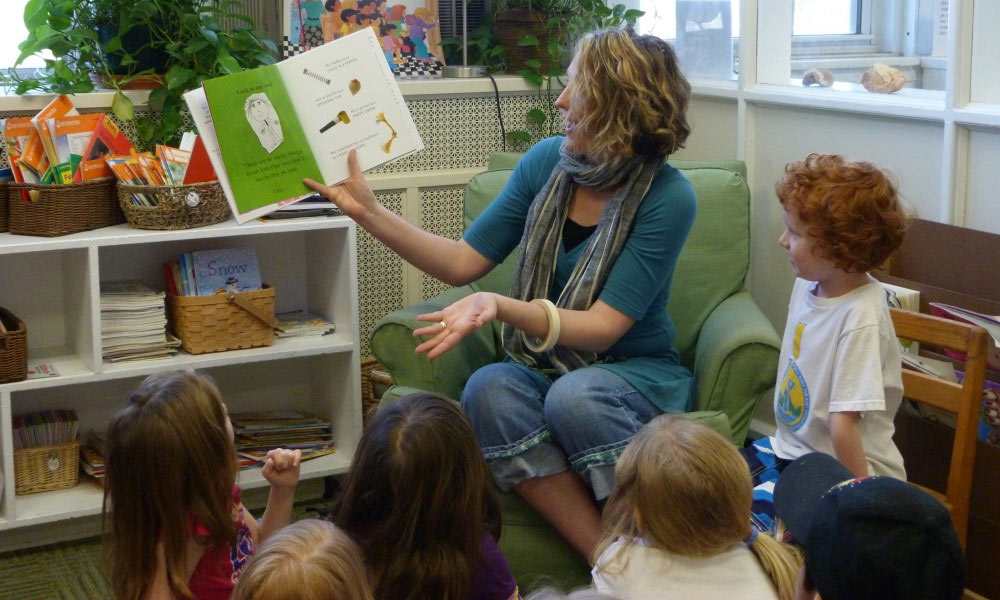 Here is a poem from the January 6, 2015, Writers’ Almanac, a favorite daily web newsletter. Stephen Dunn gives us pause in our digital (formerly analogue) age, to remember the power of oral story telling, both for the teller and the listener.
Stories
by Stephen Dunn
Here is a poem from the January 6, 2015, Writers’ Almanac, a favorite daily web newsletter. Stephen Dunn gives us pause in our digital (formerly analogue) age, to remember the power of oral story telling, both for the teller and the listener.
Stories
by Stephen Dunn
It was back when we used to listen to stories, our minds developing pictures as we were taken into the elsewhere
of our experience or to the forbidden or under the sea. Television was wrestling, Milton Berle,
Believe It Or Not. We knelt before it like natives in front of something sent by parachute,
but when grandfather said “I’ll tell you a story,” we stopped with pleasure, sat crosslegged next to the fireplace, waited.
He’d sip gin and hold us, his voice the extra truth beyond what we believed without question.
When grandfather died and changed what an evening meant, it was 1954. After supper we went
to the television, innocents in a magic land getting more innocent, a thousand years away from Oswald and the shock,
the end of our enormous childhood. We sat still for anything, laughed when anyone slipped
or lisped or got hit with a pie. We said to our friends “What the hey?” and punched them in the arms.
The television had arrived, and was coming. Throughout the country all the grandfathers were dying,
giving their reluctant permission, like Indians.
"Stories" by Stephen Dunn from Local Time. © Quill Press, 1986.
For Grandfather, to tell a story was to embrace an act of imagination that transcended reality…with the help of some gin. Through his story he expanded his universe and probably, to some extent, escaped the pressures of his reality. On a deeply intra-personal level he connected with his best beloved grandchildren.
For the children, grandfather’s stories became the extra truth beyond what we believed without question. Grandfather transported the children into an imaginative world that invited questions and wonder; that suspended the reality of facts to be believed; our minds developing pictures as we were taken into the elsewhere of our experience or to the forbidden or under the sea.
Some of my fondest childhood memories are sitting on the couch with a couple or three brothers asking Grammy to put the picture book down, and tell us another rabbit story. With a twinkle in her eye, she would; and off we’d go into the woods and fields, into vast networks of homes in tree trunks and burrows; confronting unlimited joys and terrors. She’d anticipated Watership Down by forty years.
Dunn holds this marvelous creative environment in stark contrast to the television, something sent by a parachute. Somehow the moving pictures of the worlds of Milton Berle, Believe It Or Not, and certainly, Oswald, left little to the imagination. The humor invited mindless mimicry and the news was simply shocking.
The purveyors of the world of creativity and imagination, grandfathers, the wise ones, didn’t give up...but, they did die. And with their deaths came “reluctant permission” to dwell entirely within the reality of television. The grandfathers, the older generation, were “like indians” surrendering to the inevitable domination of the other, in this case, television.
As teachers, we can revive the world of grandfathers and grandmothers, the world of imagination. We can create environments in our classrooms that embrace storytelling. This is not to say that reality is to be avoided; much is to be learned in the hundred languages we need to understand in order to survive in this world. However, it is to say that there is much to be discovered in the extra truth beyond what we believed without question so that we can thrive and continue to imagine and to create a world where we all want to live.


